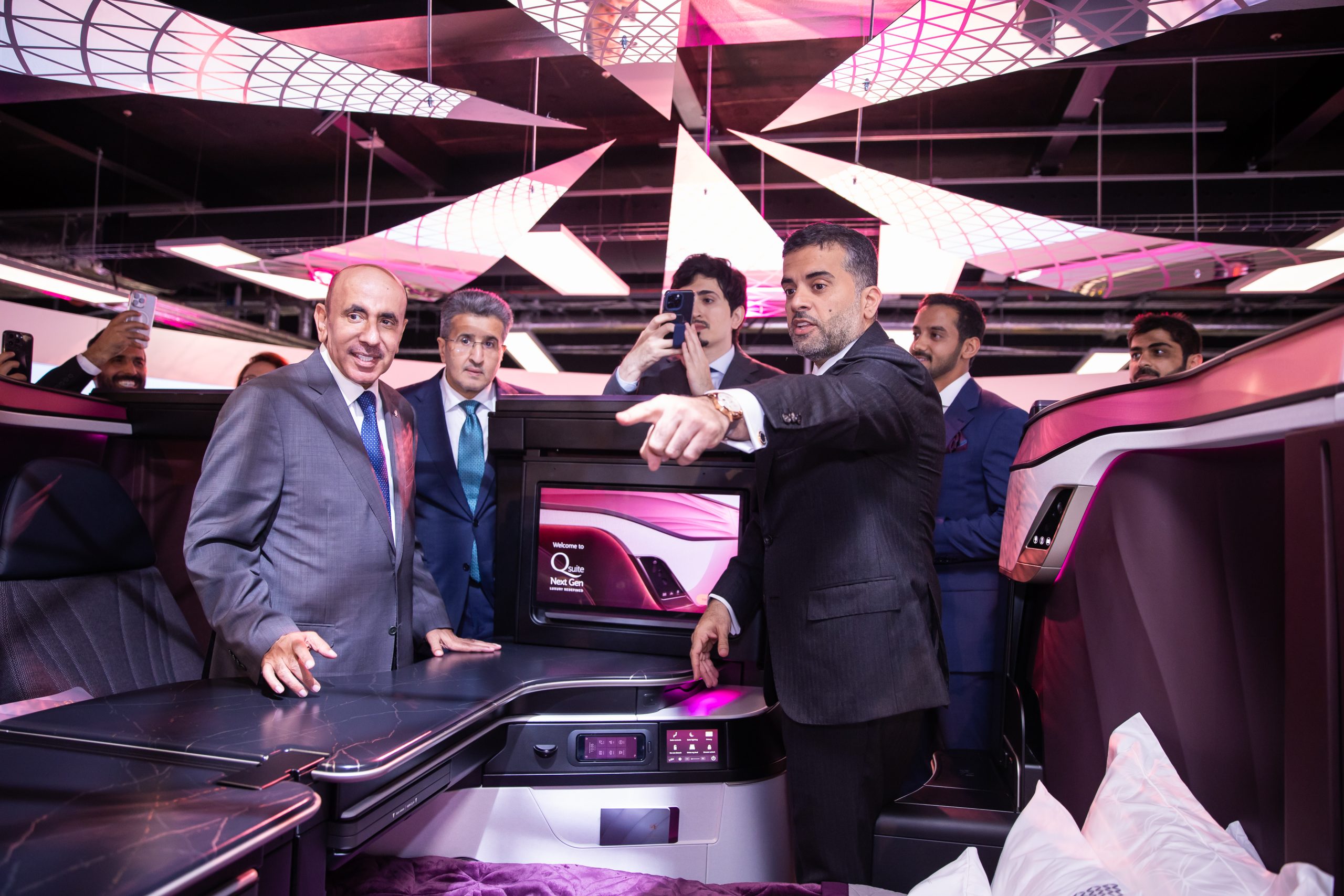
With translation from Heba Fahmy
In its latest crackdown on the local automotive industry, Qatar’s Ministry of Economy and Commerce has instructed dealerships to loosen restrictions on vehicle warranties.
Specifically, auto dealers may not void a customer’s warranty solely because a vehicle was serviced by a third-party garage, the ministry said in a statement yesterday.

Dealers must “give vehicle owners the freedom to choose which shops do maintenance work and repair their cars,” it added.
Individuals still run the risk of having their coverage partially canceled if their vehicle is damaged as a result of subpar repairs. But that’s not necessarily justification for voiding the entire warranty of the vehicle.
These regulations appear to be similar to US laws, which prohibit auto dealers from denying warranty coverage to vehicle owners simply because routine maintenance or repairs were performed by someone else.
In the US, the onus is on the manufacturer or dealer to prove that, for example, an improper belt replacement – rather than some other defect – caused damage to a vehicle’s engine, according to the Federal Trade Commission.
However, even if that was the case, the warranty would still remain in effect for other parts of the car.
What’s changed
It’s not entirely clear if these are new rules or a reminder of existing regulations.
However, several residents said on Twitter that the announcement was news to them, as they’ve previously been told all vehicle maintenance must be performed by their dealer:
@dohanews @peterkovessy yes thats what we are told always. Service has to be done from dealer under warranty period.
— Q-A (@QaiserAnwar) June 7, 2015
@dohanews @peterkovessy warranty is void if periodic maint is done outside dealership or missed.Told while purchasing the new car. #Nissan
— Khanan (@alikhanan) June 7, 2015
The ministry also said dealers could not force customers to pay for extended warranties on top of the vehicle’s cost.
Instead, salespeople must “clearly” give vehicle owners the option of paying the base price and then choosing their own mechanic to perform maintenance work.
The MEC said dealerships would be given an unspecified grace period to comply with the regulations.
Industry crackdown
Over the past year, many car dealers in Qatar have found themselves under the ministry’s microscope, at least in part because of the relatively high number of complaints the MEC said it receives about the industry.
In recent months, it has taken several steps aimed at protecting consumers and giving individuals more choice in the market.

Last August for example, several dealerships and service centers were penalized for violating Qatar’s consumer protection law amid customer complaints of lengthy delays, arbitrary pricing and fake spare parts.
More recently, authorities have ordered Nissan, Dodge, Honda, Land Rover and Toyota showrooms to close temporarily after alleging that the dealerships had failed to inform their new car customers that their vehicles had been previously damaged and repaired.
Declan McCluskey – the general manager at Saleh Al Hamad Al Mana Co., which operates the local Nissan dealership – told Doha News in February that the two cars in question at his business were scratched when they were transported to the dealership and touched up before being sold.
He said it is a common industry practice and that customers are informed of the repairs.
“All prior damages are disclosed to any potential buyer. In this case, one member of the staff forgot to mention the damages, and when the (inspectors) checked our books, it came to light.”
Separately, the ministry responded to monopoly concerns by “clarifying” last month that any businesses with a valid license can import and sell vehicles, even if the manufacturer already has an exclusive dealer in Qatar, the Peninsula reported.
Thoughts?







